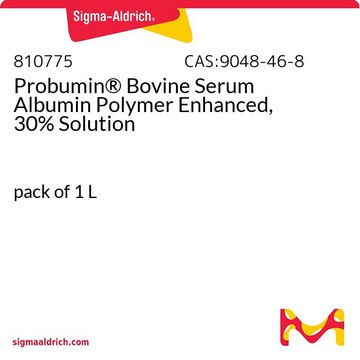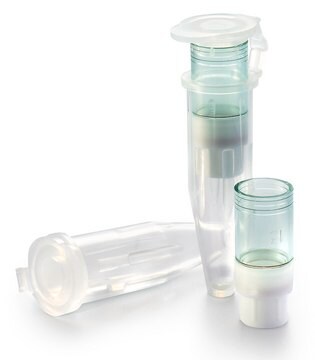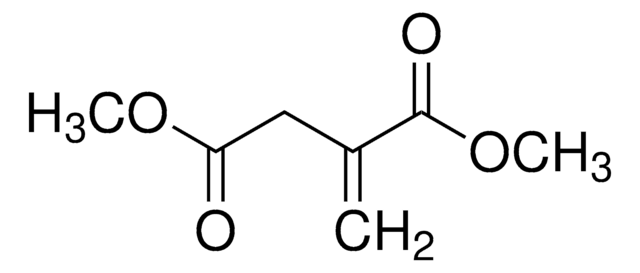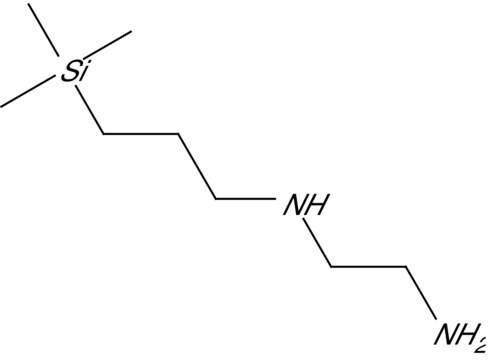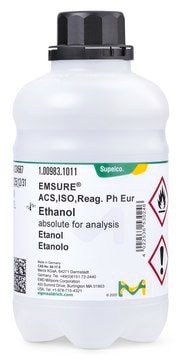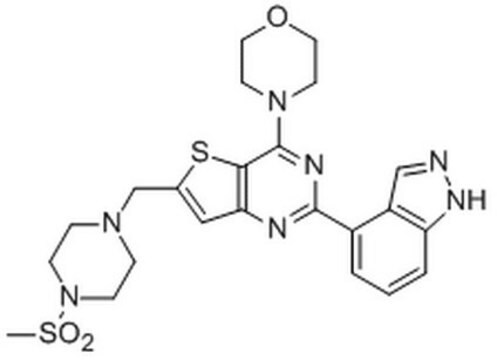54217-U
Supelclean™ ENVI-Carb™ II/PSA SPE Tube
bed A 500 mg (Supelclean™ ENVI-Carb-II SPE), bed B 500 mg (Supelclean™ PSA SPE), volume 20 mL, pk of 20
Sinonimo/i:
Carbon/PSA SPE cartidge, 20 mL
About This Item
Prodotti consigliati
Materiali
PE frit (20 μm porosity)
polypropylene hardware
Composizione
bed A, 500 mg (Supelclean™
ENVI-Carb-II SPE)
bed B, 500 mg (Supelclean™
PSA SPE)
Confezionamento
pk of 20
tecniche
solid phase extraction (SPE): suitable
Volume
20 mL
Gruppo funzionale matrice
PSA phase
carbon phase
applicazioni
food and beverages
Tecnica di separazione
ion exchange
reversed phase
Cerchi prodotti simili? Visita Guida al confronto tra prodotti
Descrizione generale
Sample Matrix Compatibility: Organic or aqueous solutions
- Dual layer SPE tube that contains both Supelclean ENVI-Carb (upper layer) & PSA (lower layer) SPE sorbents (separated by PE frit)
- Developed to offer superior clean up when conducting multi-residue pesticide analysis from food (e.g. agricultural products, meats, etc.).
- ENVI-carb has a strong affinity towards planar molecules, and can isolate/remove pigments (e.g., chlorophyll and carotinoids) and sterols commonly present in foods and natural products
- Supelclean PSA is a polymerically bonded, ethylenediamine-N-propyl phase that contains both primary and secondary amines
- Supelclean PSA has a strong affinity and high capacity for fatty acids, organic acids, and some polar pigments and sugars
- Tested for superior cleanliness using GC-FID and GC-MS
Note legali
Avvertenze
Danger
Indicazioni di pericolo
Consigli di prudenza
Classi di pericolo
Eye Dam. 1 - Skin Sens. 1 - STOT RE 2 Inhalation
Organi bersaglio
respiratory tract irritation
Codice della classe di stoccaggio
11 - Combustible Solids
Classe di pericolosità dell'acqua (WGK)
WGK 1
Punto d’infiammabilità (°F)
Not applicable
Punto d’infiammabilità (°C)
Not applicable
Scegli una delle versioni più recenti:
Possiedi già questo prodotto?
I documenti relativi ai prodotti acquistati recentemente sono disponibili nell’Archivio dei documenti.
Articoli
SPE retention mechanism in this case is based on the electrostatic attraction of charged functional groups of the analyte(s) to oppositely charged functional groups on the sorbent.
Reversed-phase interaction will retain most molecules with hydrophobic character; it is very useful for extracting analytes that are very diverse in structure within the same sample.
Protocolli
Retention occurs through polar interaction between the sorbent and analytes. Typical sample matrices that can be employed in normal-phase SPE include hydrocarbon or fatty oils diluted in a solvent like hexane, isooctane, chlorinated solvent, THF, diethyl ether, or ethyl acetate.
Il team dei nostri ricercatori vanta grande esperienza in tutte le aree della ricerca quali Life Science, scienza dei materiali, sintesi chimica, cromatografia, discipline analitiche, ecc..
Contatta l'Assistenza Tecnica.

